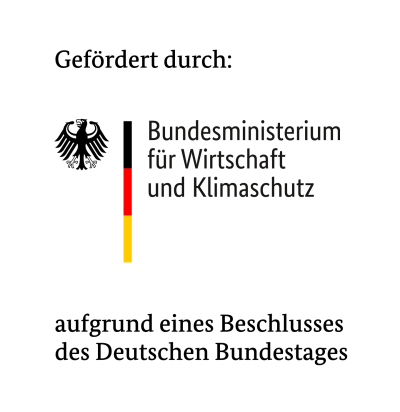STEREO
| Projekt | STEREO – Sichere Digitale Identität für kommunale Mobilitätsservices |
| Dauer | Jun 2020 – Nov 2020 |
| Förderung | Bundesministerium für Wirtschaft und Klimaschutz (BMWi) |
| Teilnehmende Unternehmen | Christoph Kroschke GmbH (Konsortialführung), Blockchain Research Lab, Chainstep GmbH, Hamburg University of Applied Sciences, Osborne Clarke |
| Kontaktperson | Lennart Ante |

Projektbeschreibung:
Das vom Bundesministerium für Wirtschaft und Klimaschutz (BMWK) geförderte Projekt STEREO setzt beim Thema Self-Sovereign Identities an. Dies umfasst die Erzeugung und Verknüpfung von sicheren digitalen Identitäten von Dingen und Personen am Beispiel von Fahrzeugen und deren Haltern/-innen sowie deren Nutzer/-innen. Fahrzeughalter/-innen können sich digital über ihr Smartphone oder Tablet identifizieren. Sie nutzen dabei eine ID-Lösung ihrer Wahl und durchschreiten – mit dem im Ergebnis entstehenden digitalen Verfügungsrecht über das Fahrzeug – das Eingangstor dazu. Die digitale Identität des Fahrzeugs dient anschließend als Grundlage für eine Vielzahl von Nutzungsszenarien in der Mobilitätswelt der näheren Zukunft.
Das Kernziel von STEREO ist ein praxisgerechter Ansatz zur Demonstration von sicheren digitalen Identitäten anhand von Anwendungsfällen, die von den beteiligten Konsortialpartnern umgesetzt werden. Auf Blockchain-Technologie basierende IT-Services bereiten die Basis für eine effizientere Mobilität in den ausgewählten Einsatzszenarien von der Fahrzeug-Zulassung bis hin zur täglichen Fahrzeugnutzung. STEREO stellt die einfache und nahtlose Nutzbarkeit digitaler Identitäten her und schafft somit die Basis für eine breite Akzeptanz über verschiedene Anwendungen hinweg. Die Kombination digitaler Identitäten von natürlichen Personen, juristischen Personen und Fahrzeug ermöglicht eine Vielzahl von Vereinfachungen und Automatisierungen. Dadurch adressiert STEREO das Spannungsfeld zwischen Prozessdigitalisierung und Daten- und Rechtssicherheit.
Publications:
Journal of Manufacturing Systems
A bibliometric review of research on digital identity: Research streams, influential works and future research paths
Manufacturing Letters
Digital Twin technology for smart manufacturing and Industry 4.0: A bibliometric analysis of the intellectual structure of the research discourse